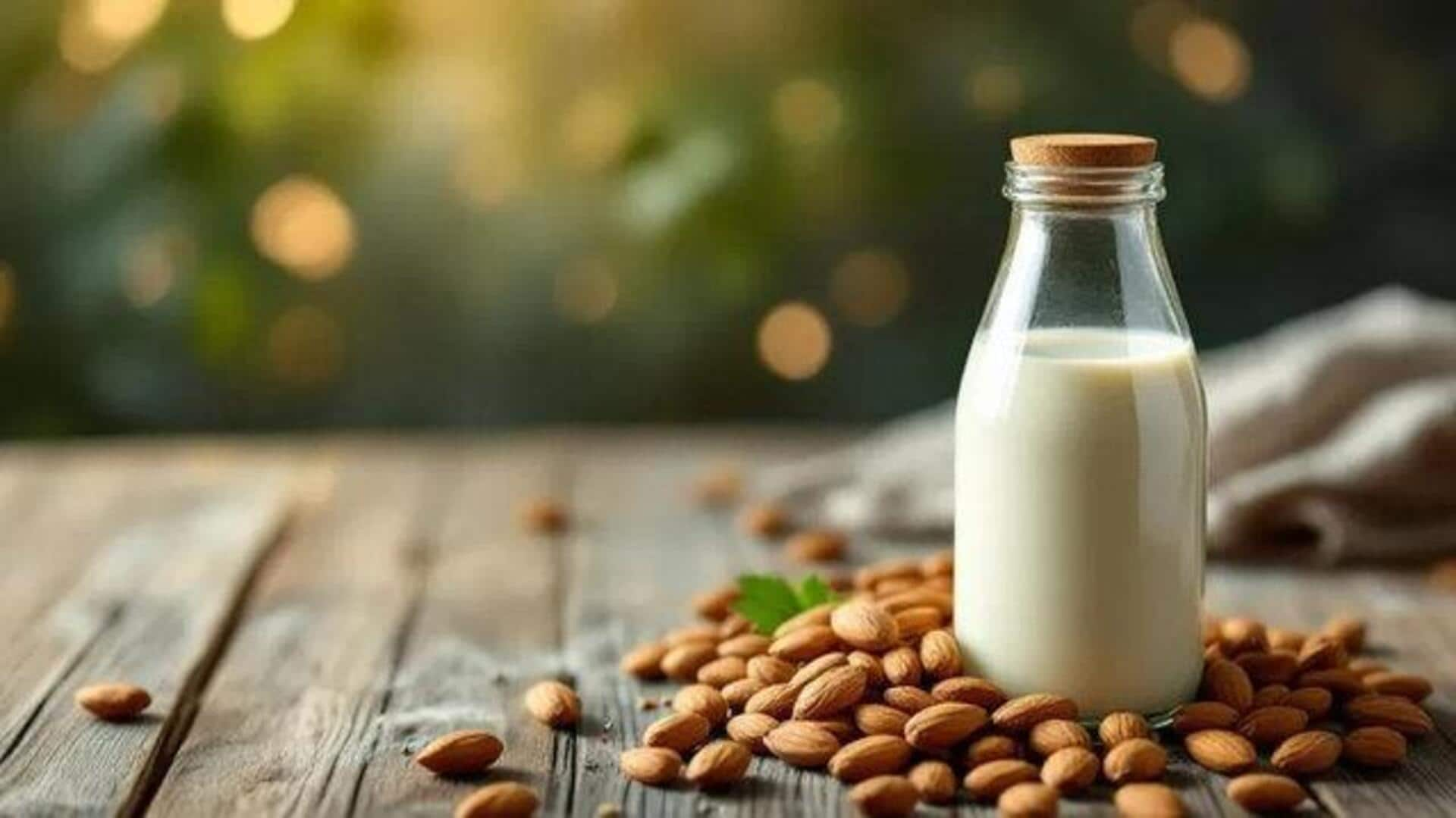
Plant milk: Myth v/s facts
What's the story
With plant milk emerging as a healthy alternative to dairy, many myths have also risen regarding its nutrition. Most consider it to be less nutritious than cow's milk. In this article, we debunk those myths and give you insights into plant milk's nutritional value and benefits. We compare it directly with traditional dairy options.
#1
Myth: Plant milk lacks protein
A common misconception is that plant milk doesn't offer sufficient protein as compared to cow's milk. Although it's true that some varieties such as almond or rice milk have lesser protein content, others like soy and pea protein milk provide similar amounts of protein. Soy milk, for example, has around seven grams of protein per cup, just like cow's milk. Picking the right type of plant milk can ensure enough protein intake.
#2
Myth: Plant milk is nutritionally inferior
Another myth has been that plant milks are nutritionally inferior to dairy products. In fact, many plant milks are fortified with essential vitamins and minerals such as calcium, vitamin D, and vitamin B12. This makes them a viable alternative for those seeking non-dairy options without compromising on nutrition. Look for fortified options on the labels to make informed choices.
#3
Myth: All plant milks are low in calories
We often assume that all plant milks are low-calorie compared to dairy. While some variants such as almond or coconut milk may be, others such as oat or soy can have the same caloric content as skimmed cow's milk. The calorie count can vary greatly depending on the grain/nut used and any added ingredients such as sweeteners.
#4
Myth: Plant milk contains unhealthy additives
Concerns about additives in plant milks often stem from unfamiliar ingredients mentioned on packaging labels. However, most commercial brands use stabilizers and emulsifiers, approved by food safety authorities, to enhance the texture and shelf life without compromising health standards. Consumers should read ingredient lists carefully if they want to avoid specific additives but need not worry excessively about their presence in moderation.